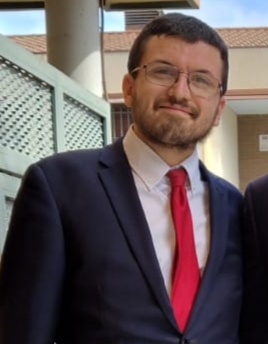Names of Churches and Religious Associations in Poland

Mieczysław Różański is a professor at the University of Warmia and Mazury, in Olsztyn (Poland).
Piotr Szymaniec is a professor at Angelus Silesius University of Applied Sciences, in Wałbrzych (Poland).

The Polish Constitution of 2 April 1997 regulates relations between the state and churches and religious associations in Article 25, located in the first chapter, titled Rzeczpospolita (The Republic). The positioning of this regulation at the beginning of the Constitution demonstrates the importance the Constitution’s authors attached to the community dimension of freedom of religion. Article 25(3) specifies that state-religion relations are to be shaped in accordance with principles of respect for the autonomy of churches/religious associations and the state, and their mutual independence, as well as cooperation between churches/religious associations and the state “for the good of an individual and the common good.” Thus, the Constitution establishes a model of relations between the state and churches/religious associations based on cooperation rather than strict separation.



